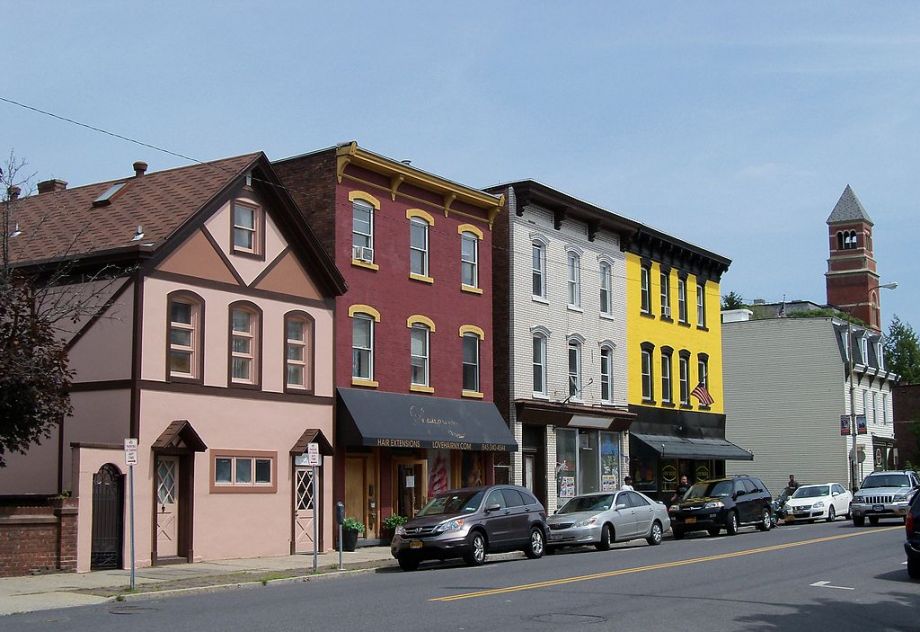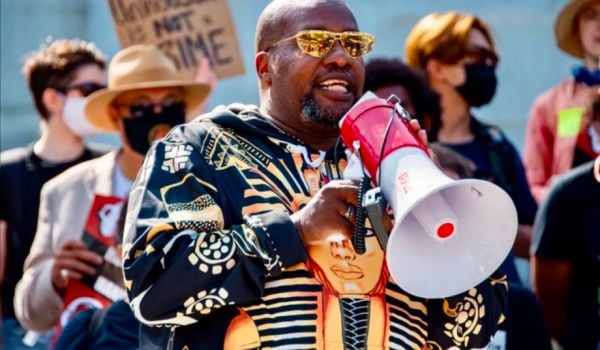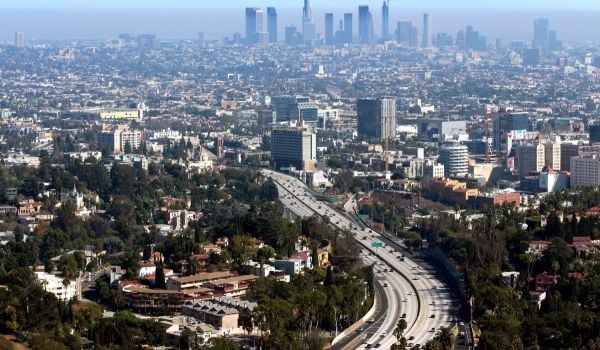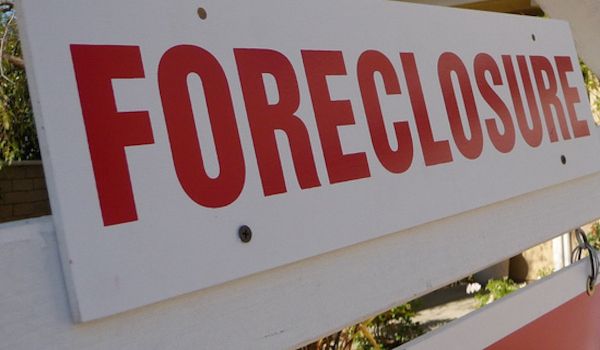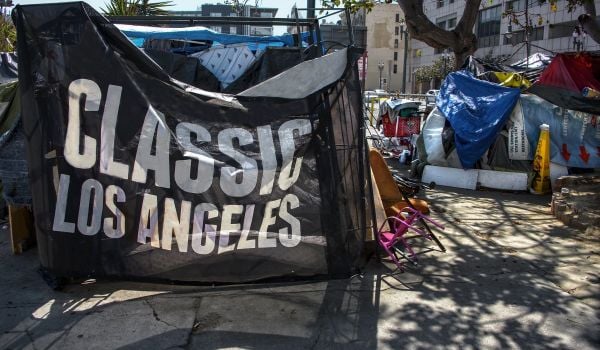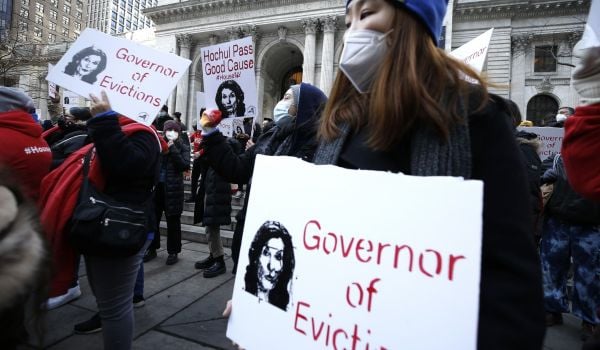Upstate New York City Passes Rent Reduction
Kingston, New York’s newly-formed Rent Guidelines Board approved a 15% rent reduction for the city’s roughly 1,200 rent-regulated apartments, with six of the board’s nine members voting in favor. It’s the first time New York’s Emergency Tenant Protection Act, which allows cities to opt-in to rent regulation if they have a vacancy rate below 5%, will lead to a rent reduction.
Passed in 1974, the ETPA originally allowed only NYC, Westchester and Nassau to opt in to rent regulation, but the 2019 Housing Stability and Tenant Protection Act extended that right to the rest of the state if they met the vacancy threshold. As we reported in August, proving a low vacancy rate is not always easy because of pushback from landlords.
Kingston’s board also voted that this would apply retroactively to January 2019, allowing any rent increase above 16% from then until August 2022 to be subject to appeal, Curbed reports. The move will help address a flood of rent increases that occurred after the city opted into rent stabilization but before its Rent Guidelines Board met. Last month, landlords sued to stop the city from entering rent regulation, arguing that its vacancy survey was inaccurate, but their request was denied.
Most rent guidelines boards are far less ambitious. While New York City’s board enacted rent freezes throughout the mayoralty of Bill de Blasio (in NYC, the mayor appoints most members), it approved a 2.5% maximum increase on two-year leases last year. Kingston’s historic vote will likely embolden housing activists to push back against any new increases, which landlord lobbies argue are inevitable and fair.
‘Mansion Tax’ To Fund Affordable Housing Passes in L.A.
Proponents of Measure ULA in Los Angeles declared victory this week as “yes” votes on the ballot initiative have an insurmountable lead, according to LAist. Voters approved the measure 56% to 44% as of Nov. 16, although not all votes have been counted. The measure adds a new tax on property sales, with buildings that sell between $5 million and $10 million subject to a 4% tax and anything selling above that subject to a 5.5% tax.
The city estimates this will raise between $600 million and $1.1 billion a year for tenant assistance and affording housing. The $5 million and $10 million thresholds will be adjusted annually for inflation.
The money will go to building housing for “acutely low, low, and very low-income households” according to the city, as well as to community land trusts, rent subsidies, eviction defense and tenant organizing. It can also go to mixed-income housing, as long as no more than 20% of units are market rate and 20% are affordable for extremely low-income people.
The measure creates a 15-member citizen oversight committee appointed by the Mayor and City Council. Projects funded by the measure costing over $50 million would require city council approval, and an annual spending plan by the Los Angeles Housing Department is subject to review from the oversight committee and council.
Austin Passes $350 Million Housing Bond
Austin voters overwhelmingly passed Proposition A, approving a $350 million housing bond that will go toward building and preserving affordable housing, according to KUT. The bond was approved 70% to 29%. The city council estimates the average Austin homeowner will owe $46.59 more in property taxes each year to pay back the bond.
This is not the first large housing bond passed by residents. The city passed a $250 million housing bond, also called Prop. A, back in 2018. KUT reports that this money is nearly completely spent, going toward the acquisition of 60 acres of vacant land, hotels for people experiencing homelessness and homes that will be sold to nonprofits as community land trusts.
According to Housing Works Austin, 6,754 new homes have been built with housing bonds passed in 2006, 2013 and 2018.
This article is part of Backyard, a newsletter exploring scalable solutions to make housing fairer, more affordable and more environmentally sustainable. Subscribe to our weekly Backyard newsletter.

Roshan Abraham is Next City's housing correspondent and a former Equitable Cities fellow. He is based in Queens. Follow him on Twitter at @roshantone.



